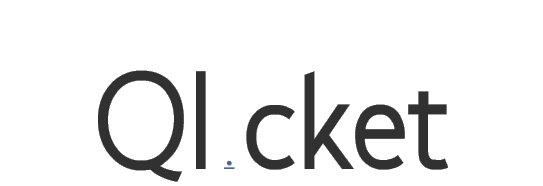June 2, 2021
Properly structuring the workday is crucial in successfully meeting deadlines and accomplishing tasks with as little stress as possible. With a few simple pointers, however, managers can ensure that the workday can run more smoothly and efficiently than ever.
Removing Time Wasters
There exist plenty of methods to cut down on time-wasting activities.
For one, the Expert Panel at Forbes recommends cutting down on company meeting time. One way is by setting clear agendas at the beginning of the meeting and not allowing new agendas to arise.
Another common mistake is focusing on agendas that have already been discussed in email; a third is keeping people in the meeting that have no reason to be present. Mitigating these pitfalls can help maintain the flow of the workday.
Working with a mindful list of necessary conversations and sorting them out as soon as possible—in-person—is also extremely helpful. Back and forth emails can take days, while an intentional and meaningful conversation can take minutes.
Refining tasks by taking the time to look at the day’s processes and allowing time to ponder more efficient avenues can save time later. Feedback from employees is invaluable in this phase, as they are active in the daily processes and many times have their own ideas on how they can improve workflow.
Managing Tasks
Beyond time management, the Expert Panel emphasizes energy usage.
When structuring the workday, frontloading the day with more difficult tasks can be beneficial. In the morning, employees have more energy and are prepared to take on the day. More menial tasks ought to occur toward the end of the day.
Writing for Forbes, Avery Blank also stresses the importance of avoiding micromanagement.
“If you are a manager, consider handing off some work to a direct report,” she explains. “Successful people are not micro-managers and allow others to take responsibility. They know they don’t have to do everything.”
Allowing employees trust and responsibility lets them reach their full potential and gives managers the time to complete their own separate tasks. Combined with constant employee feedback, efficiency is self-perpetuated by motivated employees.
Feedback from employees can be difficult to encourage. Qlicket offers solutions for completely anonymous feedback so that employees feel comfortable being honest and forward with management.
Written by Qlicket team member Ethan Forde.


